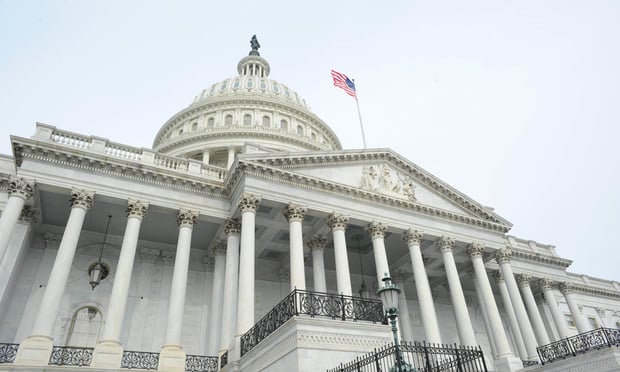After just six months on the job, the NCUA's Office of Corporate Credit Unions dismissed U.S. Central Federal Credit Union CEO James L. Nance on Sept. 25.
The regulator doesn't comment on personnel matters but said in a release that the "action was taken due to divergent views about how to move U.S. Central forward." The firing occurred on Scott Hunt's first full day as permanent OCCU director.
The NCUA has not revealed its plans for U.S. Central but is preparing new corporate regulations and possible structural changes it has said it will release later this year. The NCUA has said on several occasions that it intends to hold distressed securities to maturity in an attempt to regain some market value.
Recommended For You
However, Nance told Reuters shortly after rejoining U.S. Central that he was considering setting up a "bad bank to take toxic assets off the books" and said he would "explore the sale of certain assets to non-credit union buyers." He also told Reuters some of U.S. Central's investments won't recover "even if the market does."
Additionally, the "Management's Discussion and Analysis" section of U.S. Central's 2008 annual report stated, "Current management and advisory board of U.S. Central (post-conservatorship) intends to hold these securities to recovery, not necessarily legal maturity. As a result, management considers the [available for sale] classification most appropriate for all securities in U.S. Central's portfolio."
Nance may have also spoken against party lines in his letter from the CEO section of U.S. Central's 2008 annual report. He said U.S. Central leveraged its balance sheet to increase share and certificate rates, attract greater market share, subsidize overhead costs of the corporate network and cover contributions to credit union organizations and charities.
"It also proved to be the source of our impairment. In an environment in which the only thing that mattered was liquidity-the ability to convert assets to cash without suffering material losses-we didn't have nearly enough," he wrote.
Nance also wrote the his staff is "haunted by self-doubt concerning our decisions," and spoke of U.S. Central's "failures," saying the wholesale corporate's asset-liability management strategy "left us more vulnerable to these extraordinary market forces than, in hindsight, was appropriate."
Nance's letter has been removed from U.S. Central's Web site, where it had been posted along with the rest of the institution's annual report when it was released on Sept. 11.
Several corporate executives and others close to U.S. Central were asked their thoughts on Nance's dismissal, but none were willing to speak for attribution. However, they nearly all responded in unison: the NCUA's move wasn't a shock.
Most said Nance lacked rapport with U.S. Central employees and member corporates and rarely spoke in U.S. Central teleconference meetings with members.
One source close to U.S. Central who requested anonymity said, "When you're in a conservatorship, you need someone who can hold the staff and members together. Jim just wasn't that kind of guy."
Additionally, the employment history of U.S. Central's Kathryn Brick suggests the relationship between Nance and his chief financial officer was strained. Brick was fired from her position as U.S. Central's controller in 1996 when she reported to Nance during his first tenure. She was rehired in 1998 after Nance left and worked her way up to her present position only to find she was reporting to him again post-conservatorship.
Natural person credit unions had little to say about the management change. California Credit Union League spokesman Henry Kertman said the matter was briefly mentioned by CEO Bill Cheney during the group's board meeting Sept. 30, but members did not voice any concerns.
Martin Banecker, president/CEO of the $120 million Campbell Employees Federal Credit Union, also had little to say about the matter.
"To be honest, we keep more up to date with our corporate than U.S. Central," Banecker said.
Kertman echoed that sentiment, saying his members are more concerned about the fate of Western Corporate Federal Credit Union, also under NCUA conservatorship.
Francois Henriquez, U.S. Central senior vice president and general counsel, assumed the role of interim CEO. The NCUA announced that a search committee will determine Nance's successor.
© 2025 ALM Global, LLC, All Rights Reserved. Request academic re-use from www.copyright.com. All other uses, submit a request to [email protected]. For more information visit Asset & Logo Licensing.







